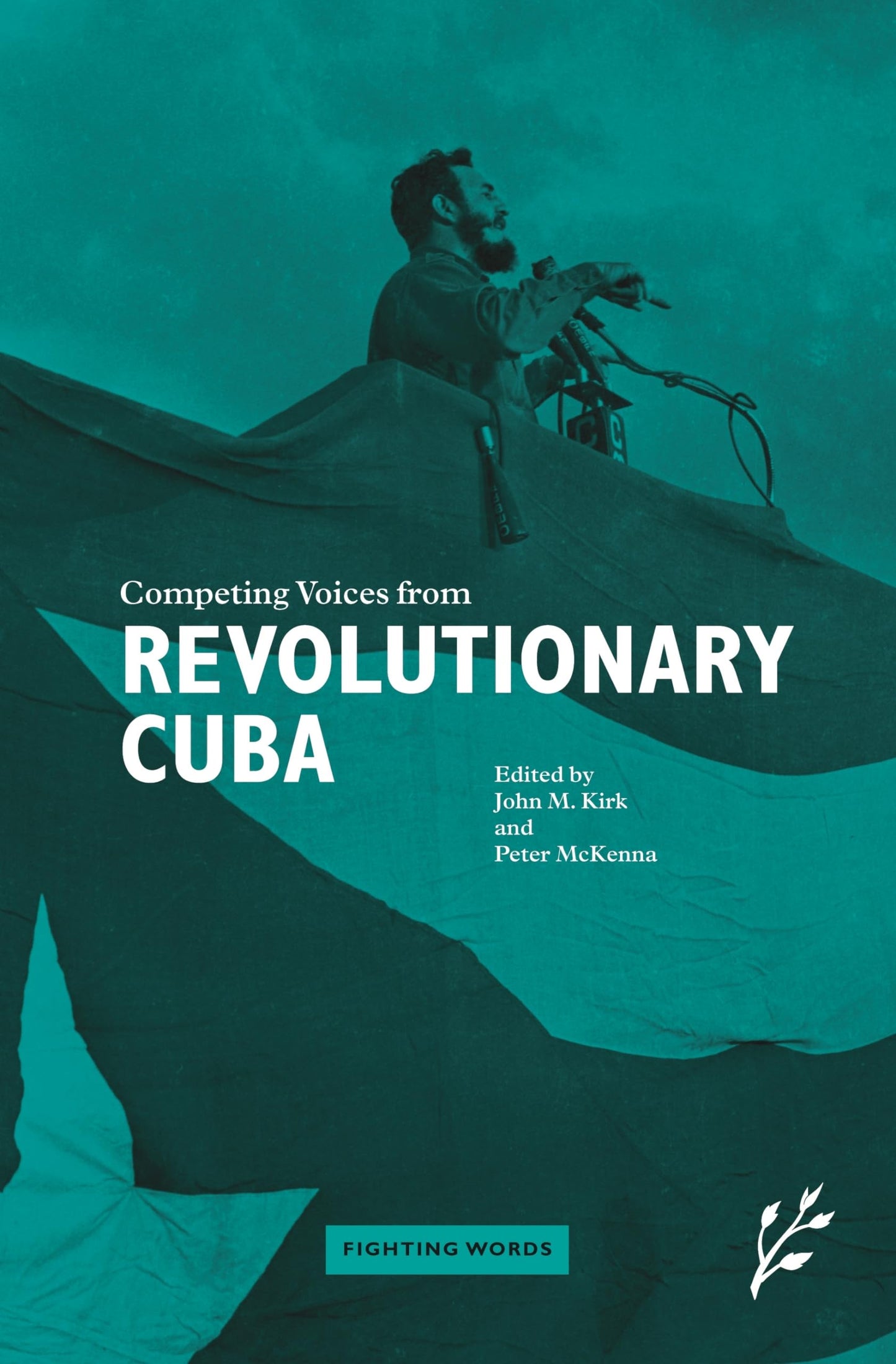Competing Voices from Revolutionary Cuba: Fighting Words by John Kirk
Competing Voices from Revolutionary Cuba: Fighting Words by John Kirk
Low stock: 3 left
Couldn't load pickup availability
Author(s): John Kirk
Pub: Holtzbrinck
Pack Qty: 0 (Hardback)
ISBN: 9781846450235 - New
Subjects: History, Americas, Caribbean & West Indies, Military, World, Politics & Social Sciences, Social Sciences, Ethnic Studies
228mm x 152mm x 17mm
Publication: 5 March 2009Pages: 256
Using a huge array of sources from the political, religious, social, artistic and personal spheres, the story of Cuba, so often linked with the neighbouring US, is set in its historical context and rigorously examined. Issues examined include: the Revolution and upheaval that followed; the Cuban missile crisis; Cuba's position in COMECON; the rise of Cuba's profile in the 1980s; the crisis that followed the dismantling of the USSR; Cuba in the C21st and its future. What has been the price of the Cuban revolutionary process? And what faces Cuba in the new millennium?
Using a huge array of sources from the political, religious, social, artistic and personal spheres, the story of Cuba, so often linked with the neighbouring US, is set in its historical context and rigorously examined. Issues examined include: the Revolution and upheaval that followed; the Cuban missile crisis; Cuba's position in COMECON; the rise of Cuba's profile in the 1980s; the crisis that followed the dismantling of the USSR; Cuba in the C21st and its future. What has been the price of the Cuban revolutionary process? And what faces Cuba in the new millennium?
For the last 50 years the story of Cuba has often drawn the eyes of the world - for its part in the missile crisis, or its rise within COMECON, or its controversial relations with other countries. Cuba is seldon out of the news but is always fascinating. Using a wide variety of sources from the political, religious, social, artistic and personal spheres, the story of Cuba is set in its historical context and rigorously examined. Voices from both sides of the Revolution are heard forcing the reader to think again about preconceived ideas for or against recent events. This book examines the reshaping of Cuba following the Revolution, the Bay of Pigs invasion, Cuba's role in the Cold War, the Mariel boatlift, the economic rise and fall given by Cuba's membership of COMECON, the changeability of the ongoing relationship between Cuba and the US; how Cuba coped with the fall of USSR; the Special Period of the 1990s and future that Cuba faces in the new millennium. A wide variety of sources are used including papers from prominent Cubans on both sides of the Revolutionary debate; public figures from Malcolm X to Yuri Gagarin to Pope John Paul II; letters and speeches from politicians ranging from Fidel Castro and Che Guevara to Nikita Khruschev and Gerald Ford; public and private materials from private individuals, governments, the CIA and a wide variety of organisations associated with Cuba. The final chapter draws together all the information and views given to analyse Cuba's recent history, its present situation and its possible future. Issues addressed include Cuba's survival in a post-communistic landscape, human rights issues, the role of Cuban exile groups, the relationship between the US and Cuba and the price paid and benefits derived from the ongoing revolutionary process.


